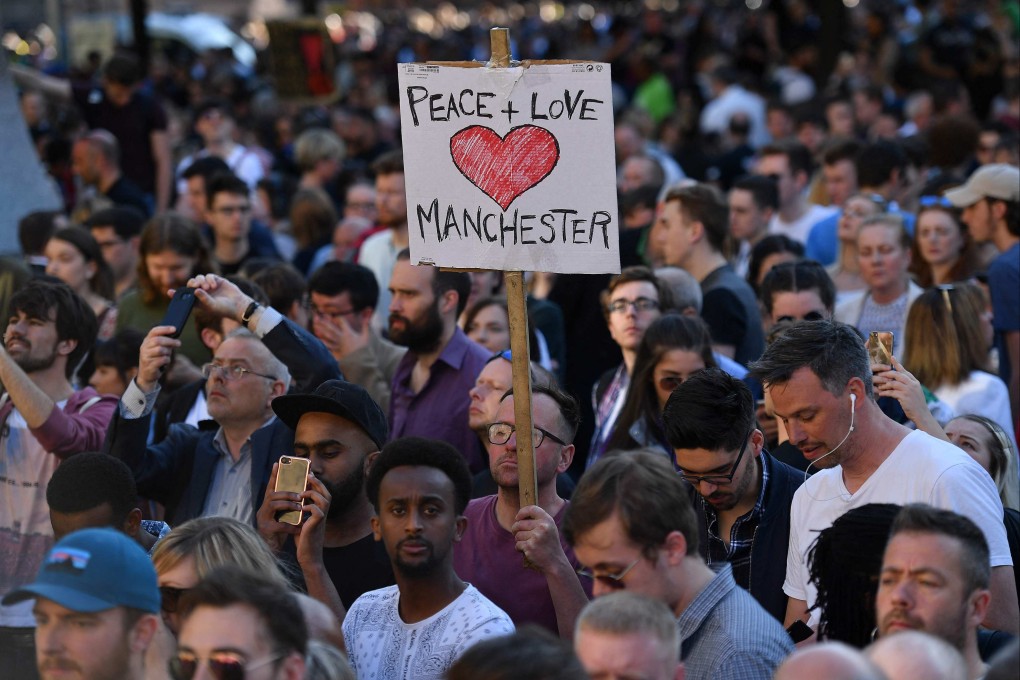Security failures helped suicide bomber kill 22 in 2017 Manchester Arena attack, says inquiry
- A judge said Salman Abedi should have been identified as a threat by those in charge of security at the Ariana Grande concert at Britain’s Manchester Arena
- Lawyer Neil Hudgell, who represents the families of two victims, said there had been ‘an inexcusable catalogue of failings at every level’

A public inquiry into a mass attack at a 2017 Ariana Grande concert in northwest England concluded on Thursday that “serious shortcomings” by venue operators, security staff and police helped a suicide bomber who killed 22 people carry out his “evil intentions”.
Retired judge John Saunders, who is leading the ongoing inquiry, said Salman Abedi should have been identified as a threat by those in charge of security at Manchester Arena “and a disruptive intervention undertaken”.
“Had that occurred, I consider it likely that Salman Abedi would still have detonated his device, but the loss of life and injury is highly likely to have been less,” Saunders said.

Abedi, 22, set off a backpack bomb in the arena’s foyer at the end of the May 22, 2017 concert, as fans – including thousands of children and young people – were leaving the pop star’s show. He died in the explosion. His younger brother Hashem Abedi was convicted last year of helping plan and carry out the attack.
Saunders recounted missed opportunities to stop Abedi, citing failures by arena operator SMG, security company Showsec and British Transport Police, the agency responsible for patrolling the area in the city of Manchester.
He said authorities showed a reluctance to believe an attack could happen, even though Britain and other European countries had experienced multiple deadly attacks in the previous months and years.
“I have concluded that there were serious shortcomings in the security provided by those organisations which had responsibility for it, and also failings and mistakes made by some individuals,” Saunders said.